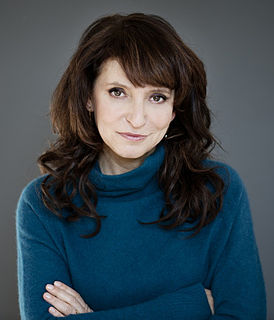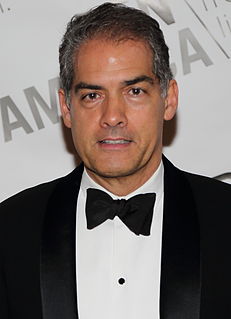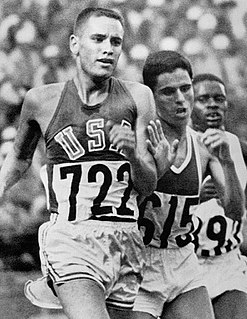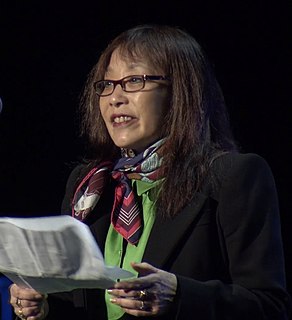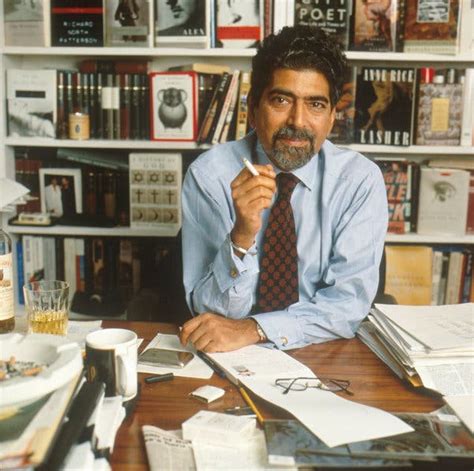A Quote by Rachel Weisz
He [John Le Carré] really paid tribute to the people who are willing to risk their own lives to fight injustice - they are greater men and women than I.
Related Quotes
I haven't seen too many American distance men on the international scene willing to take risks. I saw some U.S. women in Barcelona willing to risk, more than men. The Kenyans risk. Steve Prefontaine risked. I risked - I went through the first half of the Tokyo race just a second off my best 5000 time.
What le Carré is so good at is unpicking something very specific about Englishness. That is almost part of why I think he wrote the novel. You can feel le Carré's anger that someone who has had the benefits of an English education and an English upbringing is using that privilege to basically do the worst things imaginable. There is an anger in the book about that.
In the daily lives of most men and women, fear plays a greater part than hope: they are more filled with the thought of the possessions that others may take from them, than of the joy that they might create in their own lives and in the lives with which they come in contact. It is not so that life should be lived.
Of John Le Carre's books, I've only read 'The Spy Who Came In From The Cold,' and I haven't read anything by Graham Greene, but I've heard a great deal about how 'Your Republic Is Calling You' reminded English readers of those two writers. I don't really have any particular interest in Cold War spy novels.




